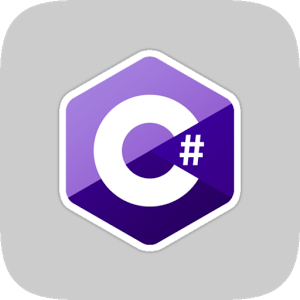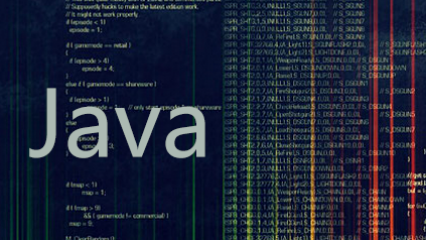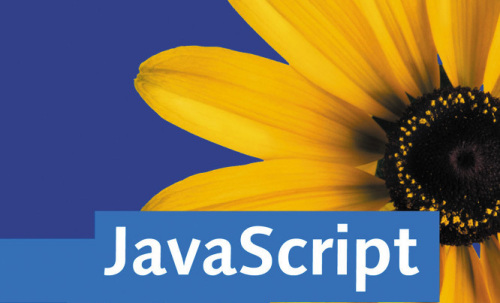
Preface The blogger simply counted the asynchronous articles he has published, and there are already 8 intermittently. This time I want to take the return type of async as an example and talk about it separately. Asynchronous methods have three possible return types: Task
1. C# Basics Review Async’s return type

Introduction: When does one need to use which return type? The specific situation requires specific analysis. If used improperly, the execution result of the program may not be what you want. Let's talk about how to choose different return types for different situations.

# #Introduction: Member variables in Java are divided into instance member variables and class member variables.
3. Javascript basics review (3) js object-oriented
Introduction: This article is what you must know The third part of the Javascript series, we mainly look at how Javascript is object-oriented programming. Friends in need can refer to
4. Javascript Basics Review (Part 1) ) Type

Introduction: All content in this series involves the basics of Javascript, and there are no fashionable things , but I believe these basic things will help you understand those interesting things
5. PHP Mobile Internet Development Notes (6) - Review of MySQL Database Basics [1]_PHP Tutorial
Introduction: PHP Mobile Internet Development Notes (6) - Review of MySQL Database Basics [1]. 1. Data type 1. Integer data type storage space description Value range TINYINT 1 byte very small integer signed value: -128~127 Unsigned value: 0~255 SMALLINT 2 bytes smaller
6. ThinkPHP Framework Basics Review_PHP Tutorial

7 .
PHP Mobile Internet Development Notes (6)??MySQL Database Basics Review
Introduction: PHP Mobile Internet Development Notes (6)??MySQL Database Basics Review8.
ThinkPHP Framework Basics Backtracking
Introduction: Review of the basics of the ThinkPHP framework. First of all, what we must know is the directory structure: After we complete the decompression, the following directory will appear: This is the official manual directory explanation of tp. We don’t need to look at the other ones yet. Files, here, we mainly use the ThinkPHP framework directory, the core library of php: Then under this very main directory, there are the following file directory pairs ##9. PHP Mobile Internet Development Notes (6) MySQL Database Basics Review [1] Introduction: PHP Mobile Internet Development Notes (6) - MySQL Database Basics Review [1 ]. 1. Data type 1. Integer data type storage space description Value range TINYINT 1 byte very small integer signed value: -128~127 Unsigned value: 0~255 SMALLINT 2 bytes smaller 10. ThinkPHP Framework Basics Review Introduction: ThinkPHP Framework Basics Review. Review of the Basics of the ThinkPHP Framework First of all, what we must know is the directory structure: After we complete the decompression, the following directory will appear: This is the official tp manual directory explanation, we can 【 Related Q&A recommendations]: 
The above is the detailed content of A brief discussion on basic review and core architecture design. For more information, please follow other related articles on the PHP Chinese website!




